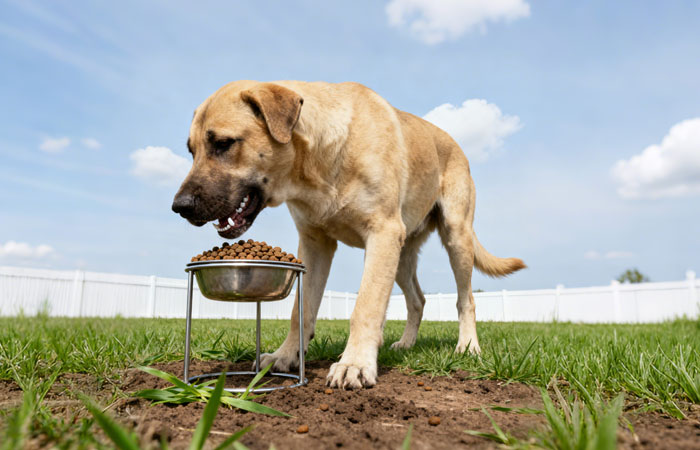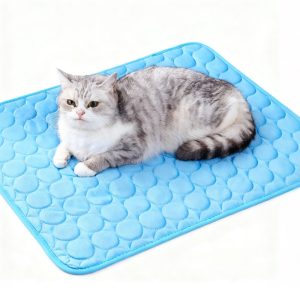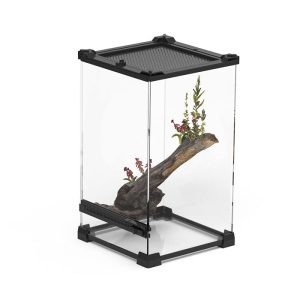Foods Anatolian Shepherd Dogs Should Avoid

The Anatolian Shepherd is a big, noisy, and very aggressive dog from Turkey. It has a very high position and a scary character to go with it. The dog also has good strong territorial instincts and is very loyal to his master. As a protective dog, it is common to see them guarding the herd, especially from the killing of wolves and bears, and protecting the shepherds who in turn protect them. Since they are of a large size and have a peculiar physiology, their diet should be safe and healthy if their owners want to keep them healthy. Their owners have to be very familiar with foods that may be a bit risky, so that they do not inadvertently cause their dog health problems.
I. Seafood
Typical seafood such as shrimp, crab, squid, octopus, and jellyfish may be a heavy load on the Anatolian Shepherd’s digestive system. These foods are far from what the animals usually eat, and some dogs may even be unable to fully digest the proteins or gelatinous matter found in seafood, which in turn can cause them to suffer from digestive disorders such as flatulence, diarrhea, and vomiting. Thus, in order to avoid such conditions, the dog’s owner should not be allowed to feed such food to Anatolian Shepherds directly.
II. Poultry Bones
Some dogs may be allowed to have fun biting bones, and Anatolian Shepherds will like that too. What you need to do, if you want to provide the dog with bones for calcium, is choose bones that are coarsely textured, less brittle like beef or pork bones. What is very important to be emphasized is if the decision is to give the dog bones then never give it chicken bones. Chickens’ bones are made of very fragile stuff and can break into small pieces very easily when chewed and as a consequence they may cut the Anatolian Shepherd’s esophagus, stomach areas, or intestinal mucosa. If these situations are very serious, then they can result in such hazardous issues as bleeding in the gastrointestinal tract or obstruction.
III. Fish Bones and Canned Fish
Just like bones, fish bones are a threat too to Anatolian Shepherds. They are difficult and sharp for fresh fish bones; in case they are eaten, they might get stuck in the windpipe or can cause injuries to the digestive system along the way. So the feeding of fish with bones should be stopped. Nevertheless, what about the canned fish? During canning, the processing done at high temperature will make the bones dry and more brittle. So when the dogs eat them they cannot easily injure them and the bones are relatively safe. However, it is still important not to eat too much of it.
IV. Poultry
Chicken wings and breast meat are the best source of high-quality protein which in turn will be good for muscle growth in the Anatolian Shepherds dogs. Yet these foodstuffs have higher levels of phosphorus. In case the dog is consuming a complete, professional dog food that provides all the nutrients in a balanced way including phosphorus, then feeding it with a lot of chicken legs or breasts will result in too much phosphorus intake. Excessive phosphorus can destabilize the nutritional balance and can over a long period of time cause the kidney functions to weaken or other health problems to appear. Hence, it is important to always keep an eye on the portion size whenever using them as complements.
V. Irritating Seasonings
Some of the ingredients like pepper, chili, mustard, horseradish, and ginger are not fit for Anatolian Shepherds. They are pollutants which can very much damage the dog’s olfactory mucosa thus depriving it of the sense of smell which is very important for analyzing surroundings and recognizing something. What is more, the irritants may also cause irritation to the lining of the stomach, creating symptoms like stomach pain, and diarrhea, and at the same time, them interfering with the regular digestive process.
VI. Onions
Onions are poison to Anatolian Shepherds so they must never be allowed. The attacking compounds in onion bulbs that destroy the blood that carries oxygen in dogs, degrades the red blood cells and causes a series of toxic reactions. Symptoms usually consist of dark-colored urine (hematuria), diarrhea, and vomiting. The condition can escalate very quickly and, if not attended to immediately, can damage the dog’s liver and kidneys, as well as other organs, thus can even result in death. Therefore owners, please be very vigilant when it comes to this particular threat.
admin
-
Sale!

Washable Pet Cooling Pad for Cats and Dogs
$10.99Original price was: $10.99.$9.99Current price is: $9.99. This product has multiple variants. The options may be chosen on the product page -
Sale!

Washable Cat Window Hammock Cooling Bed
$23.99Original price was: $23.99.$22.99Current price is: $22.99. -
Sale!

Tropical Amphibian Rainforest Tank, Lizard Cage
$38.99Original price was: $38.99.$36.99Current price is: $36.99. -
Sale!

Silent 4-in-1 Waterproof Charging Dog Hair Trimmer
$49.88Original price was: $49.88.$47.99Current price is: $47.99.